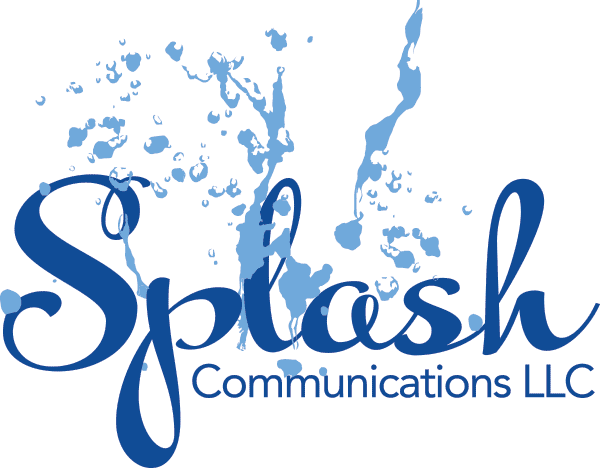In our modern age of snaps, tweets, and texts, you may be wondering if blogs are even relevant anymore. Will they hold customers’ attention, or will they put my readers to sleep? Us Splashers are big believers of the power of the blog, since it is the only digital format where we are free to inform, entertain, and sell—without a character limit. If you feel restrained by word limits and lack of webpage space, blogs are a great way for your customers to learn more about your company or get more detailed information about a product or service. However if the thought of writing your own blog seems somewhat daunting, follow these five steps to become an effective blog writer!
1. Pick the right topic
Blog writing isn’t just about picking a topic and running with it. In order to pick the right topic, you need to consider your audience, your brand, and your own knowledge. Think about what type of readers you are hoping to reach out to, and what you think would most interest them Also, think about what is appropriate for your brand to discuss, and what might come across as unprofessional. If you need some inspiration, do a little research and look at some other blogs around the web. Try to pick a topic that is salient to you, something that you have some expertise on, and you’ll fingers will be flying on the keyboard in no time!
2. Organize your ideas
If you’re the type of person who likes to plan, this part will be easy for you. Before you write, make sure that you have a clear idea about the points you’ll be making, and organize them in a logical and cohesive fashion. If you’re a spontaneous person who likes to “wing it,” planning your article beforehand can keep it from rambling on or losing focus. Even if it’s just a short list of bullet points, getting organized is a necessary step in writing a clear and effective blog post.
3. Substance
Once you have an outline, decide how you want to write your post. Do you want to share a story? Inform your readers? Sell an idea? Determining a clear focus for your writing is important, because it will help you decide which words and word structures will have the greatest impact on your readers. For example, if you’re telling a story you’ll want to give lots of detail, while a more informative post requires clarity and a brief writing style.
4. Style
When writing these blogs, don’t afraid to be casual! Even a professional blog should have some personality; otherwise it won’t resonate personally with your audience. Talk about who you are as an employee or business owner, and create some human identification with your band. If appropriate, add pictures and external links to keep your readers engaged.
5. End it just right.
End your post by summing up your main points or relating the post back to your product or service. Leave your readers with an understanding of what they just read, and where they can go if they want more information. Or, if you want some interaction, end with a few questions for your readers to discuss in the comments section.
Of course, if you still think you need a little help writing a blog, call us to help you figure it out! We have experience developing blogs of all disciplines, and we’d be more than happy to get a fresh dialogue going between you and your customers.

